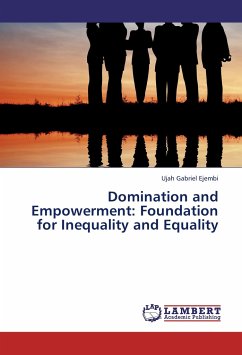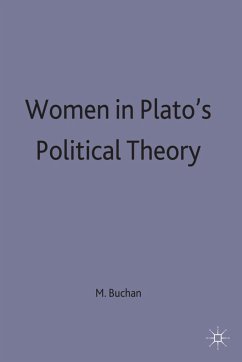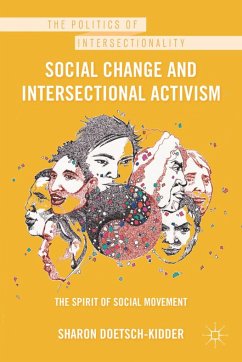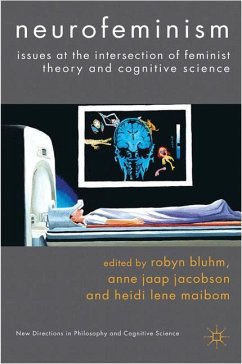
Domination and Empowerment: Foundation for Inequality and Equality
Versandkostenfrei!
Versandfertig in 6-10 Tagen
39,99 €
inkl. MwSt.

PAYBACK Punkte
20 °P sammeln!
One might rightly ask: "are all human beings born free and equal?" "Is gender equality still possible?" Perhaps should sexual differences become a category for gender discrimination? This book relates the answer to the above questions on how power is understood and exercised. It admits that patriarchy, which is masculine domination, plays a key role in the socialization of males and females. In a man-made world, power is only understood and exercised as domination and mostly, domination over women. A different conception of power could better enhance the socialization of males and females into...
One might rightly ask: "are all human beings born free and equal?" "Is gender equality still possible?" Perhaps should sexual differences become a category for gender discrimination? This book relates the answer to the above questions on how power is understood and exercised. It admits that patriarchy, which is masculine domination, plays a key role in the socialization of males and females. In a man-made world, power is only understood and exercised as domination and mostly, domination over women. A different conception of power could better enhance the socialization of males and females into equal partners. This book maintains that the exercise of power as empowerment would lead to less patriarchy, and more empowerment. With less patriarchy and more empowerment, we would have positive relations which will bring about gender equality. The arguments in this book are relevant to anyone who is interested in understanding how best equality could be enhanced in our society. Advocatesof justice and liberation for marginalized persons and groups would find the analysis in this book helpful in understanding the root causes of discrimination and marginalization in our society.












